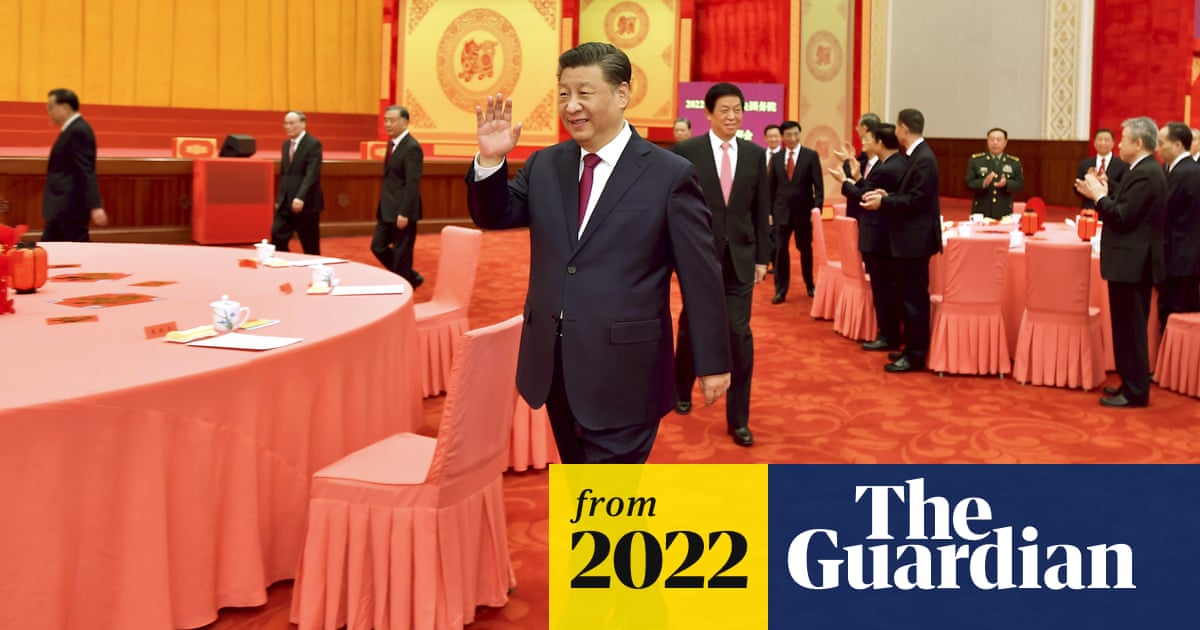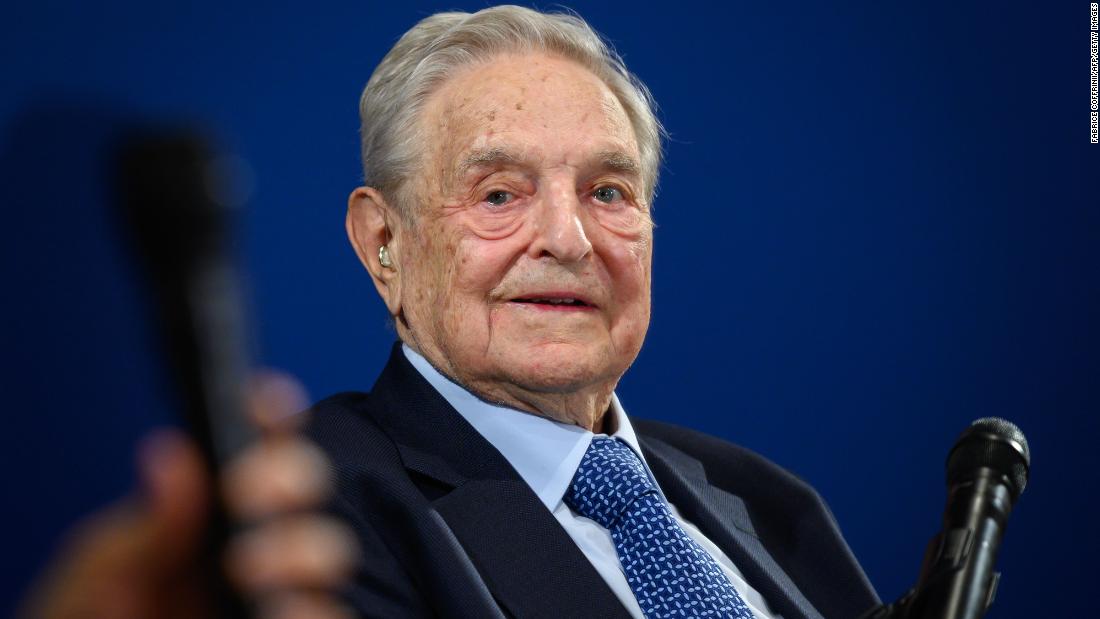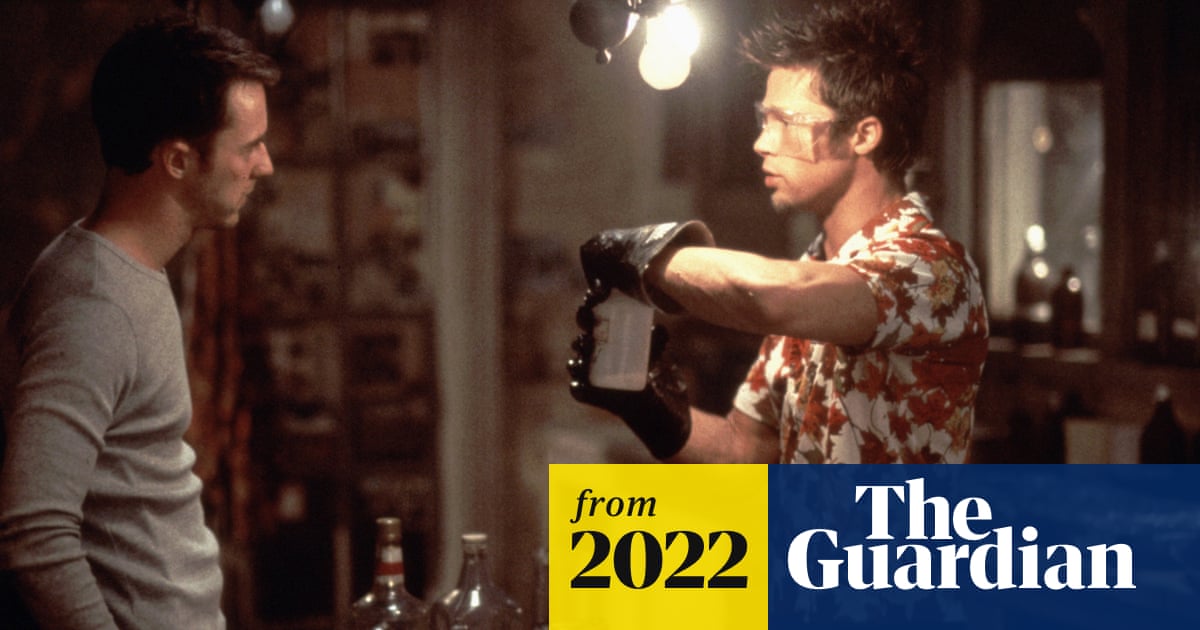Toinen esimerkki Kiinan sisäisestä videosta joka oli postattu heidän sisäiseen sosiaalimediaan
tuntuu että CCPn ideologia on törmäämässä reaali maailmaan samalla tapaa kuin tapahtui neuvostoliiton aikoina. Diktatuurilla on vaikeutensa, kun kaikki ihmiset ja heidän tapansa eivät sovi samaan muottiin, ja numeroiden valossa heillä on niitä ihmisiä julmetusti.
Herkästi tulee mieleen Judge Dredd ja megacityn ongelmat jotka vain korostuu kun kansalaisia on liikaa. CCP on kuitenkin päättänyt että kaikista pidetään kiinni ja muuta vaihtoehtoa ei ole. Heidän käsityksensä on myös vanhoillisia. Ei pelkästään meidän näkökulmasta mutta myös heidän itsensä.
Voiko Kiina hajota sisäisesti kuten kävi neuvostoliitolle?
A viral video of a man beating his wife in China, and police's handling of the case, has renewed a debate online in the country over how to punish domestic abusers.
Last week, a home security video that showed a man from the northwestern city of Xi'an assaulting his wife during a citywide Covid-19 lockdown spread on Chinese social media.
The police response to the incident triggered an even wider uproar, with a related hashtag racking up more than 3.6 million views.
Over the weekend, Xi'an police said the man, surnamed Wang, would be kept in custody for five days then released without criminal charge.
Under a Chinese domestic violence law passed in 2016, perpetrators can be punished with no more than 20 days of police detention. Tougher punishments can only be meted out if there are serious injuries and criminal intent is proved.
The Xi'an video showed the man repeatedly hitting his partner as a child watches from a few feet away.
It was first posted by the woman's relatives and colleagues, then later picked up by official Chinese media.
"Domestic abusers only get punished with five days' detention, and you wonder why Chinese women don't want to get married or have babies?," read one comment on Weibo.
According to police, a fight over family chores had escalated due to the wife's "extreme words and deeds". The statement added that officers had since "criticised and educated" the woman -- a move that triggered a swift online backlash.
"It's no use relying on the law for protection against domestic violence when all they do is criticise the victim," another Weibo commentator said.
The woman "sustained soft-tissue damage," the police said without giving details of her injuries.
The incident happened while Xi'an, a megacity with more than 13 million residents, was under lockdown to curb a coronavirus outbreak.
Wang's employer, a state-owned trading company in Xi'an, issued a notice Saturday saying it had fired him for violating Communist Party rules.
Domestic violence remains pervasive and under-reported in China, especially in rural communities.
There have also been concerns that a recent change to China's divorce laws -- which introduced a mandatory 30-day "cooling-off" period for couples wishing to untie the knot -- could make it harder for victims to leave abusive marriages.
tuntuu että CCPn ideologia on törmäämässä reaali maailmaan samalla tapaa kuin tapahtui neuvostoliiton aikoina. Diktatuurilla on vaikeutensa, kun kaikki ihmiset ja heidän tapansa eivät sovi samaan muottiin, ja numeroiden valossa heillä on niitä ihmisiä julmetusti.
Herkästi tulee mieleen Judge Dredd ja megacityn ongelmat jotka vain korostuu kun kansalaisia on liikaa. CCP on kuitenkin päättänyt että kaikista pidetään kiinni ja muuta vaihtoehtoa ei ole. Heidän käsityksensä on myös vanhoillisia. Ei pelkästään meidän näkökulmasta mutta myös heidän itsensä.
Voiko Kiina hajota sisäisesti kuten kävi neuvostoliitolle?












